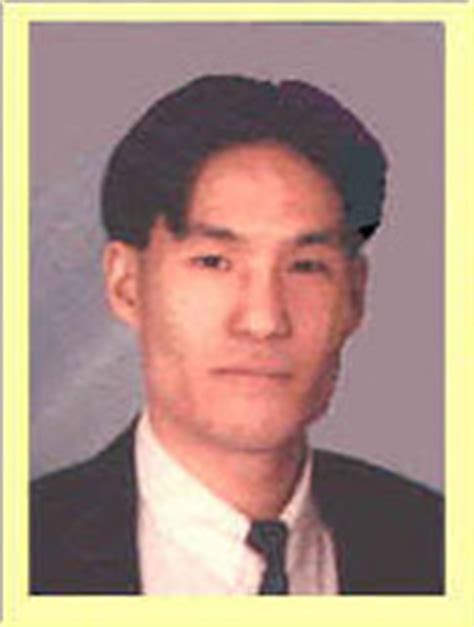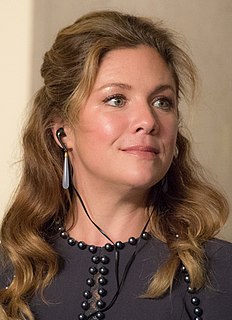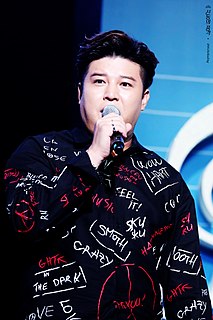A Quote by Amy Chua
The fact is that Chinese parents can do things that would seem unimaginable-even legally actionable-to Westerners. Chinese mothers can say to their daughters, "Hey fatty-lose some weight." By contrast, Western parents have to tiptoe around the issue, talking in terms of "health" and never ever mentioning the f-word, and their kids still end up in therapy for eating disorders and negative self image.
Related Quotes
There are all these new books out there portraying Asian mothers as scheming, callous, overdriven people indifferent to their kids' true interests. For their part, many Chinese secretly believe that they care more about their children and are willing to sacrifice much more for them than Westerners, who seem perfectly content to let their children turn out badly. I think it's a misunderstanding on both sides. All decent parents want to do what's best for their children. The Chinese just have a totally different idea of how to do that.
I was raised, myself, by extremely strict but also extremely loving Chinese immigrant parents. To this day, I believe that their having high expectations for me, coupled with love, was the greatest gift that anyone's ever given me. And so that's why, even though my husband is not Chinese, I try to raise my own two daughters the same way.
There are photographers who push for war because they make stories. They search for a Chinese who has a more Chinese are than the others and they end up finding one. They have him take a typically Chinese pose and surround him with chinoiseries. What have they captured on their film? A Chinese? Definitely not: the idea of the Chinese.
Western parents try to respect their children’s individuality, encouraging them to pursue their true passions, supporting their choices, and providing positive reinforcement and a nurturing environment. By contrast, the Chinese believe that the best way to protect their children is by preparing them for the future, letting them see what they’re capable of, and arming them with skills, work habits, and inner confidence that no one can ever take away.






























